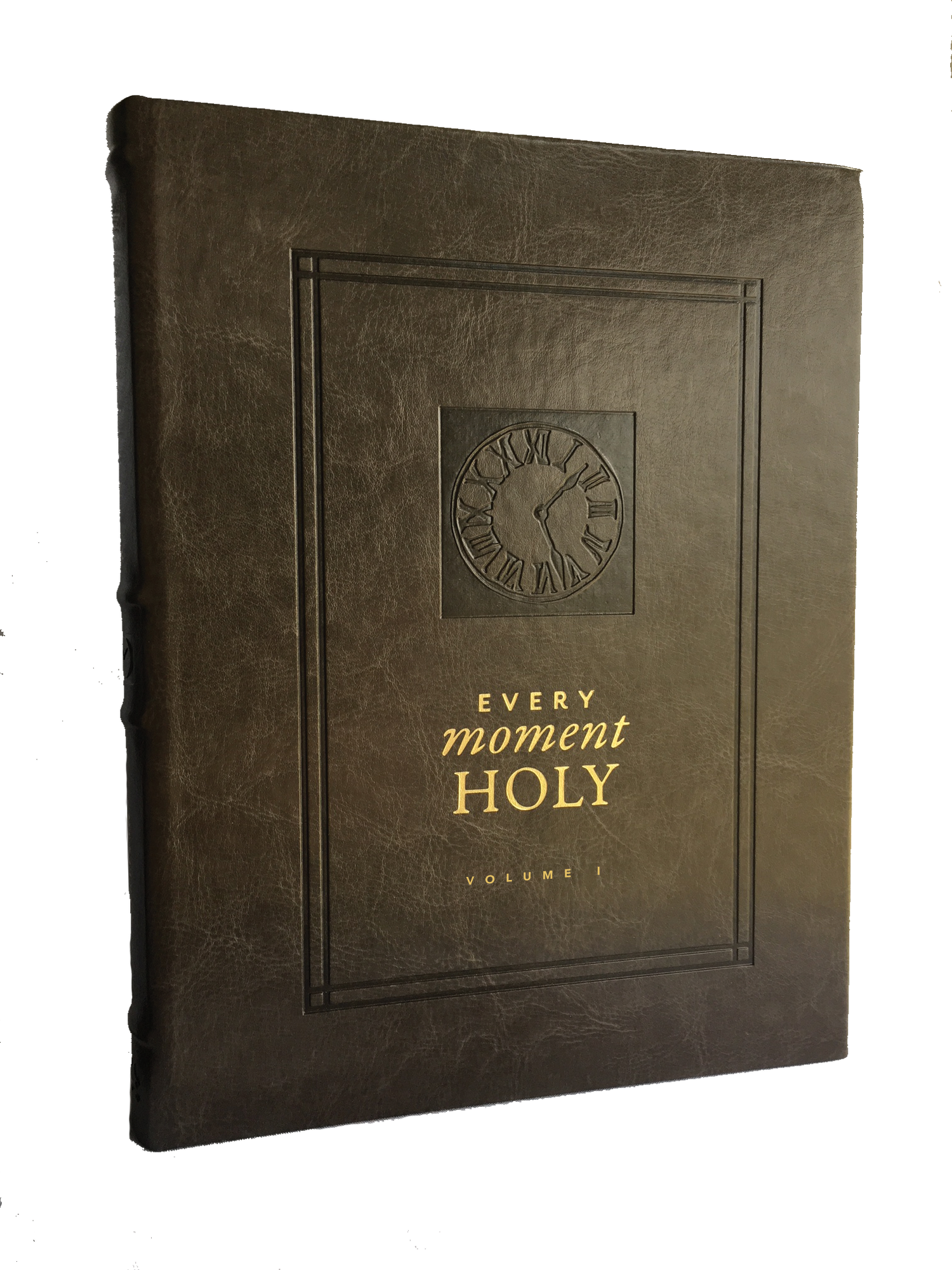For much of his life, Esau McCaulley was taught to see himself as an exception: someone who, through hard work, faith, and determination, overcame childhood poverty, anti-Black racism, and an absent father to earn a job as a university professor and a life in the middle class.
But that narrative was called into question one night, when McCaulley answered the phone and learned that his father—whose absence defined his upbringing—died in a car crash. McCaulley was being asked to deliver his father’s eulogy, to make sense of his complicated legacy in a country that only accepts Black men on the condition that they are exceptional, hardworking, perfect.
The resulting effort sent McCaulley back through his family history, seeking to understand the community that shaped him. In these pages, we meet his great-grandmother Sophia, a tenant farmer born with the gift of prophecy who scraped together a life in Jim Crow Alabama; his mother, Laurie, who raised four kids alone in an era when single Black mothers were demonized as “welfare queens”; and a cast of family, friends, and neighbors who won small victories in a world built to swallow Black lives. With profound honesty and compassion, he raises questions that implicate us all: What does each person’s struggle to build a life teach us about what we owe each other? About what it means to be human?
How Far to the Promised Land is a thrilling and tender epic about being Black in America. It’s a book that questions our too-simple narratives about poverty and upward mobility; a book in which the people normally written out of the American Dream are given voice.
"As soon as I finished, I wanted to reread. McCaulley is already recognized as a great scholar and essayist, but this is his best writing yet. The storytelling here is both poetic and prophetic, free of both superficiality and cynicism. Read this book and the words will linger with you." --Russell Moore, editor in chief of Christianity Today
"Esau McCaulley's riveting memoir holds together tensions that many of us pry apart: systemic injustice and personal responsibility, accountability and forgiveness, honesty and sympathy. This book is prophetic without being preachy, and heartwarming without being cloying. . . . A triumph of storytelling." --Tish Harrison Warren, author of Liturgy of the Ordinary



